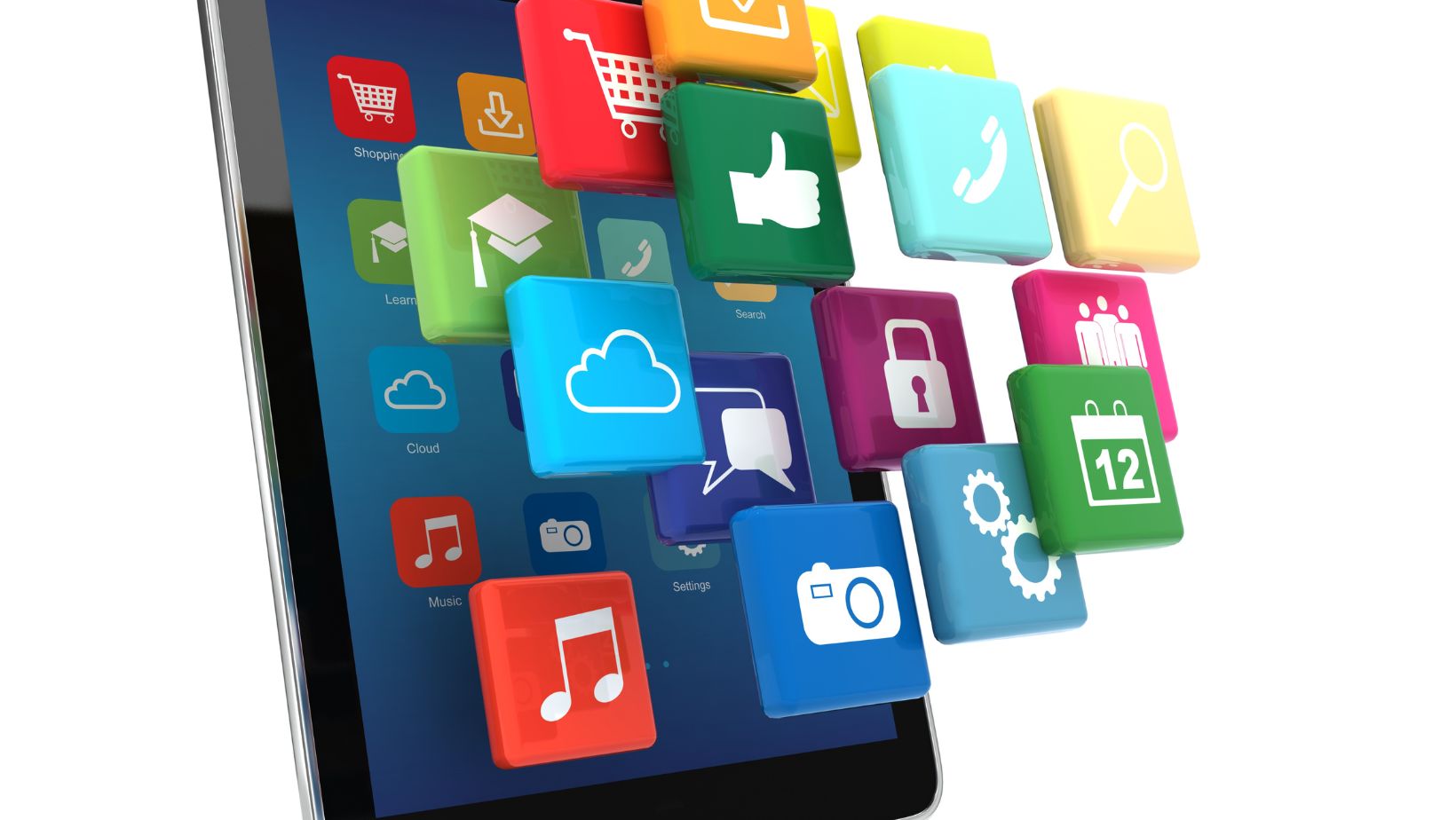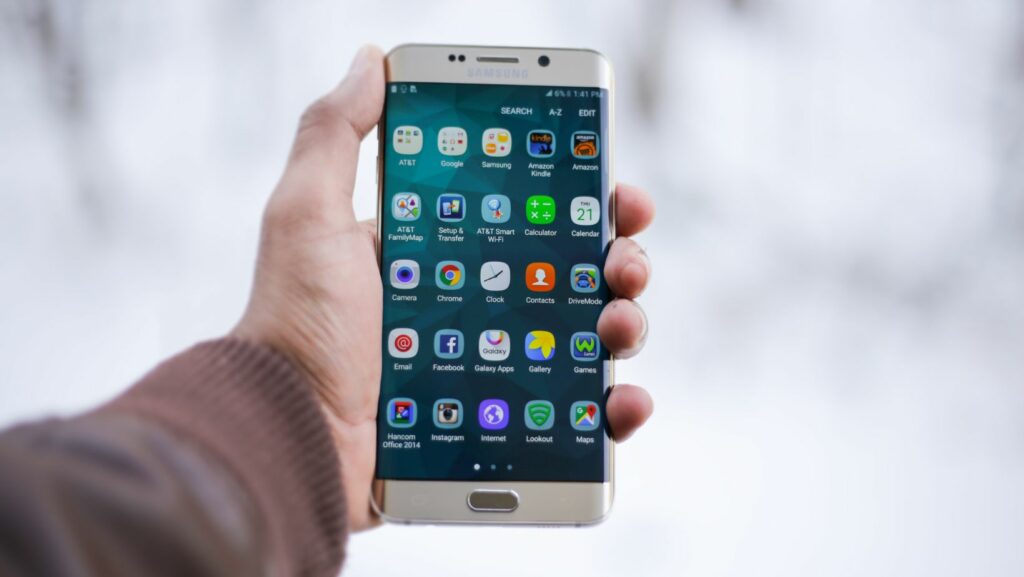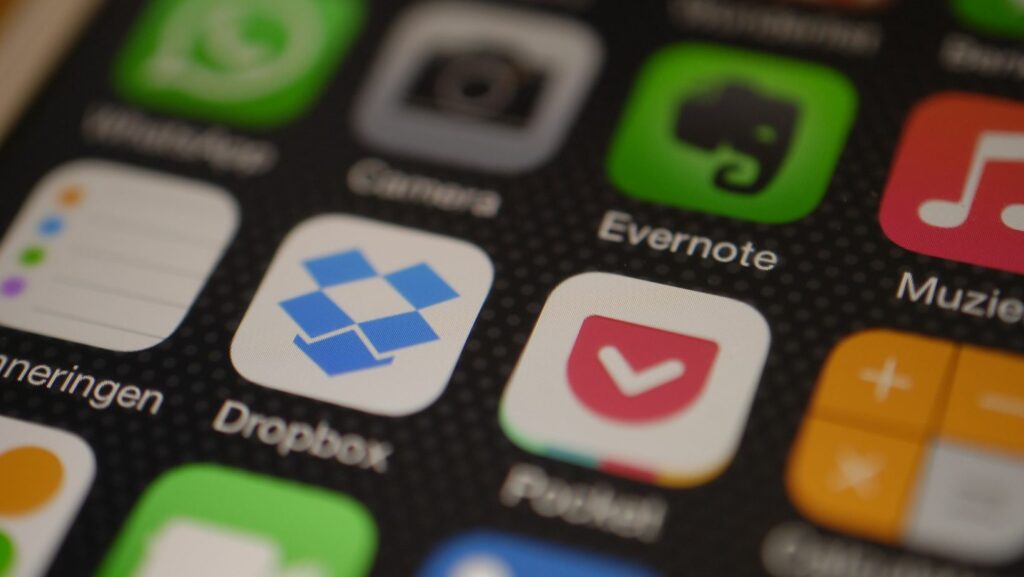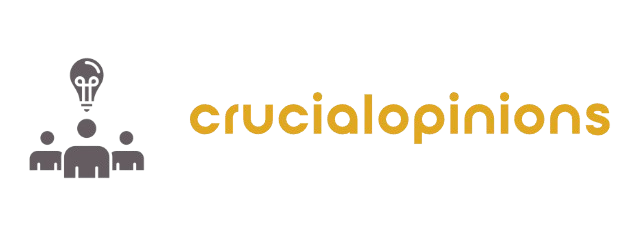The Best Fluffy Pancakes recipe you will fall in love with. Full of tips and tricks to help you make the best pancakes.

Too Many Apps, Too Little Time: What’s Actually Worth Keeping?
In today’s digital world, the average smartphone user has dozens – sometimes hundreds – of apps downloaded. We reach for the latest tools hoping to simplify life, boost productivity, or stay connected. Yet, ironically, this abundance often leads to clutter, distraction, and even stress. Rather than making our lives easier, too many apps can overwhelm us and sap our time. So, the real question is: which apps truly improve our lives, and which are just digital noise?
The App Overload Problem
Research shows that while people tend to download many apps, only a handful get regular use. This gap between acquisition and actual engagement creates “digital clutter” that can cause decision fatigue and reduce productivity. The constant buzz of notifications, endless choices, and scattered information all add up to mental overload.
Experts call this “digital hoarding,” where we accumulate apps and data without clear purpose, often leading to anxiety and disorganization. A study by Dr. A. Shaji George highlights that information overload doesn’t just drain personal focus – it also has broader environmental impacts as excess data consumes energy and resources.
Categories That Matter: Apps That Are Truly Useful
Not all apps are equally useful. Some genuinely add value by helping us stay organized, secure, connected, and healthy. Here are the key categories to focus on:
Productivity & Organization
These apps are vital for managing time and tasks. Whether it’s a to-do list, calendar, or note-taking app, they help capture ideas and keep priorities clear.

By streamlining workflows, they save time and reduce stress.
Communication
Staying connected remains essential. Reliable messaging, email, and video call apps facilitate smooth interactions for work and personal life. Choosing apps that prioritize privacy and user control ensures conversations stay secure.
Security & Privacy
In a world rife with data breaches and surveillance, protecting your personal information is crucial. VPN apps play a significant role by encrypting your internet traffic, especially on public Wi-Fi, making browsing safer and helping maintain online privacy. Along with password managers and authentication tools, these apps create a digital shield that guards your identity and sensitive information.
Finance & Budgeting
Apps that track spending, monitor bank accounts, or help budget bring financial clarity. They encourage better habits and allow real-time awareness of money flow, which can prevent overspending and improve savings.
Health & Wellness
Mental and physical health apps, from fitness trackers to meditation guides and sleep monitors, provide valuable support for overall well-being. Regular use encourages healthier routines and mindfulness.
What to Delete: Redundant or Low-Value Apps
Digital clutter isn’t just about quantity – it’s also about quality. Many people keep apps that overlap in functionality or are rarely used.

This “app fatigue” can lead to distraction, wasted storage, and unnecessary notifications. Removing social media duplicates, forgotten games, and apps that drain battery life can make a big difference in reducing mental noise.
Tips for Managing App Usage
The solution to app overload is regular maintenance. Periodically auditing your apps, checking screen time reports, and organizing apps into folders by function or frequency can clarify your digital environment. Adopting a “one app per task” rule helps avoid redundancy and keeps your device lean.
Conclusion
Intentional app usage is the key to reclaiming focus and reducing stress in a tech-heavy world. By choosing quality over quantity and regularly decluttering, you can create a streamlined digital space that truly serves your needs. Take a moment to review your app collection – you might find that less really is more.
